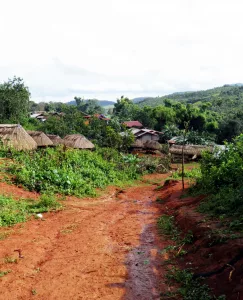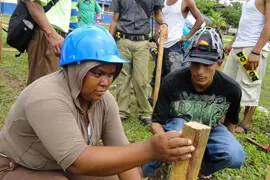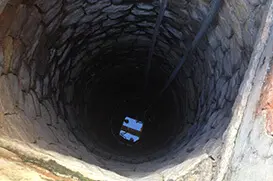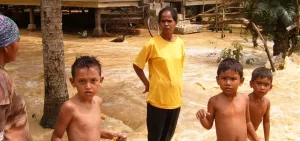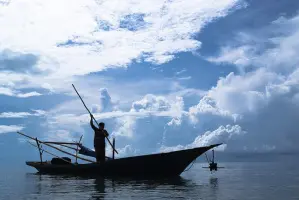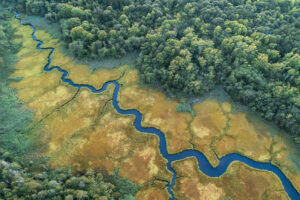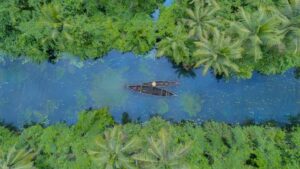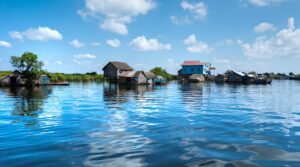Women and corruption in the water sector: Theories and experiences from Johannesburg and Bogotá (WGF Report 8)
Corruption exists in many forms and the motivations behind an individual pursuing or accepting illicit conduct may be as diverse as the types of corruption.
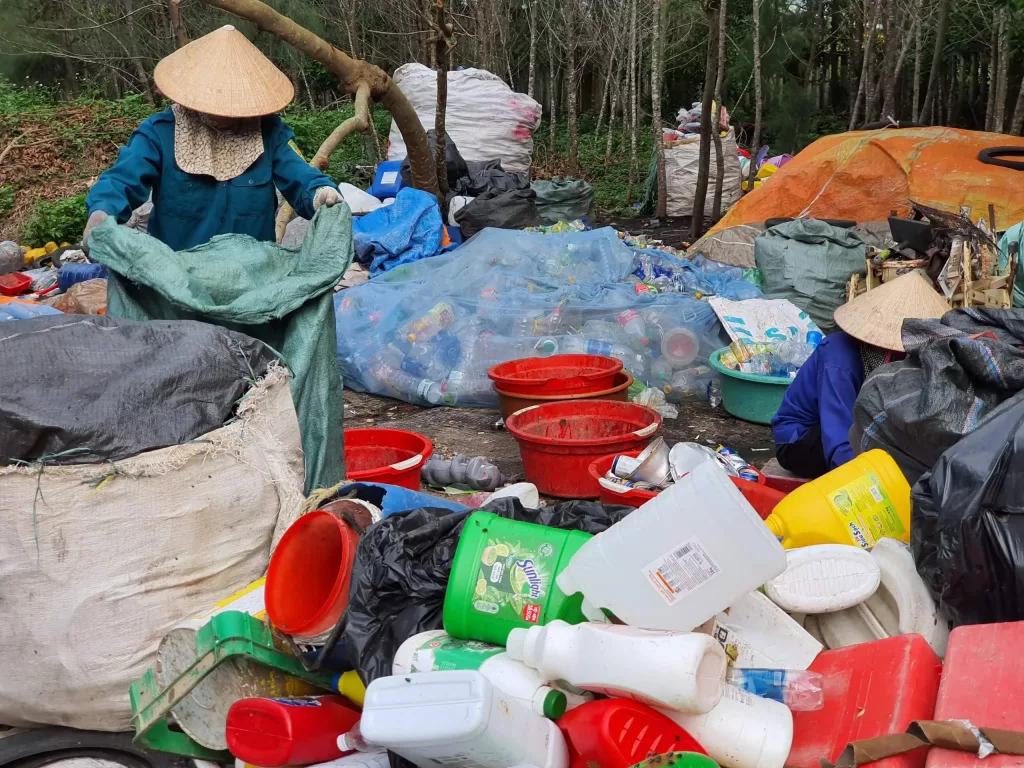
It is imperative to better understand the underlying aspects of corrupt behaviour and their implications in order to achieve several interlinked targets under the Sustainable Development Goals and to generally improve ‘good’ governance through more transparent, accountable and effective institutions and procedures. Among those are the gendered roles and special responsibilities that are associated with women in many societies, which make them subject to diverse forms of corruption to obtain water for the household’s needs.
This report is the result of a research project on gender and corruption initiated at the UNDP-SIWI Water Governance Facility in 2014. It combines a literature review into the dynamics of, and rationales for, corruption, including the main theories on the subject (the Principal–Agent Model, the Fraud Triangle, Need or Greed and institutionalized corruption) as relevant to the water supply sector. A gendered lens is added, and the analytical framework has been complemented by the findings on sextortion, abuse of power where the currency of the bribe is partly or wholly sexual favours. The empirical section of the report builds on a survey administered among a group of water professionals and eight focus group interviews on the theme, conducted in Johannesburg and Bogotá.
Many of the study’s findings confirm previous research. Among these is that women tend to be less corrupt because they have fewer opportunities to engage in such behaviour. Another is that they are more averse to engaging in corruption because they stand to lose more if caught, as the general expectations on women in society are different. The report finally draws upon the lessons learned from a gender and corruption training module developed within the framework of the Water Integrity Capacity Building Programme for the Middle East and North Africa (MENA).
Citation
UNDP-SIWI Water Governance Facility (2017). Women and corruption in the water sector: Theories and experiences from Johannesburg and Bogotá. WGF Report No. 8. Stockholm: SIWI.
